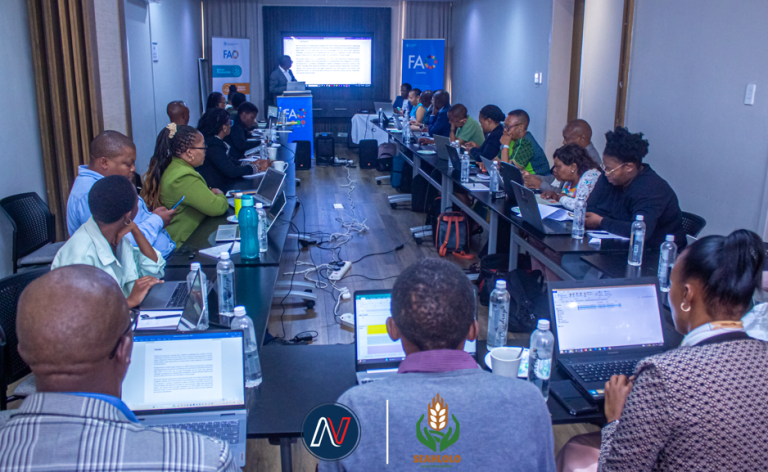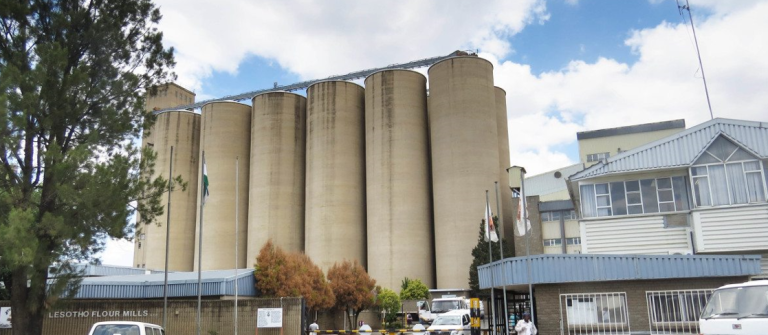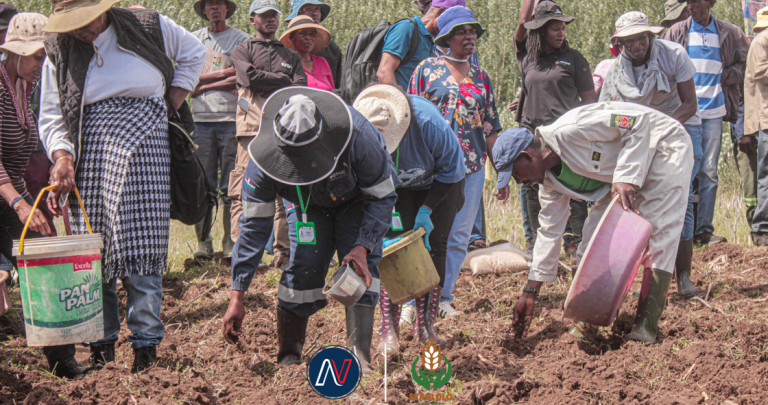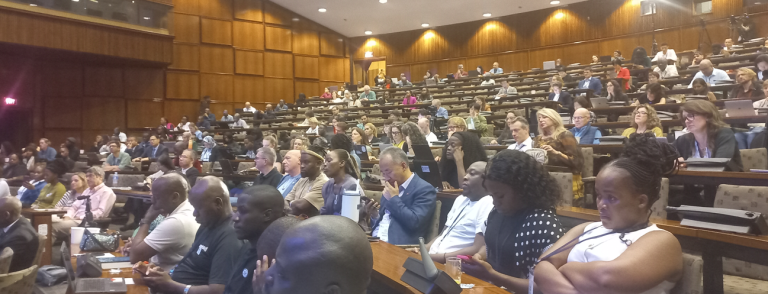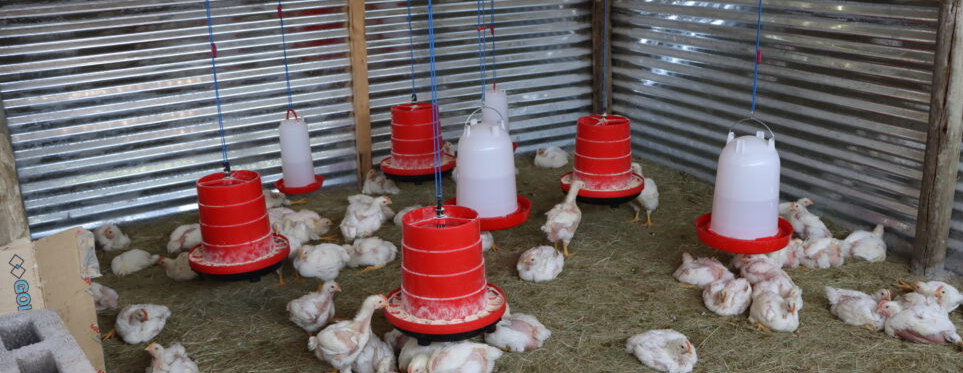
(Image: W/sos.org.ls)
By Katleho Mohanoe
Small-scale poultry farmers in Quthing are set for a transformative shift, following a capacity-building training session led by Moyeni MP Thabo Mofosi.
Speaking at the event, held at Hills-View Hall, Mofosi, who is also minister of agriculture, pledged his support in helping local poultry farmers boost productivity and secure a lucrative future in the industry.
The training, which attracted over 180 poultry farmers from both urban and rural areas of Quthing, focused on equipping farmers with modern techniques to improve chicken production and profitability.
Mofosi, alongside a team of expert trainers, emphasised that success in poultry farming requires perseverance and innovation.
In an interview, Mofosi outlined his vision for small-scale poultry farmers in Quthing, aiming to elevate them from subsistence producers to commercial entrepreneurs.
“Basotho have long kept chickens for household consumption or as a delicacy for visiting relatives and friends. That narrative must change. Poultry farming should become a viable business that sustains families and contributes to the national economy,” he asserted.
Recognising that Quthing has historically lagged in agricultural development, Mofosi explained why the project is being piloted in the district.
“I provided this free training because the South is often left behind in development initiatives. This project will start here and later expand to other districts,” he stated.
Mofosi assured farmers that his support goes beyond training. His plan includes establishing a guaranteed market for poultry producers, ensuring that their efforts translate into tangible financial gains.
“Our production will align with market demands. Initially, I will assist farmers in optimising their production processes. Then, we will set up an abattoir, where individual poultry farmers can process their chickens for retail. The goal is to supply packaged chicken meat to major retailers like Shoprite,” he revealed.
For many participants, the training was a turning point.
Limpho Maliehe, a 21-year-old farmer from Tosing, expressed newfound confidence in poultry farming.
“This training made me realize that I can start small and grow into a large-scale producer. Poultry farming can be a stable source of income. I am eager to return home and encourage other young people to explore this opportunity,” she said.
She further commended Mofosi for his efforts, emphasising that young people need support and mentorship to thrive in agriculture.
Similarly, ’Makhothatso Monakane from Motse-Mocha Masitise noted that the training introduced innovative solutions to common farming challenges.
“As poultry farmers, we often face obstacles that seem insurmountable. This training provided practical strategies to overcome them. It also created a platform for experienced farmers to grow their businesses and for beginners to start on the right path,” she remarked.
Many attendees highlighted the importance of shifting the perception of poultry farming from mere survival to entrepreneurship.
Khethisang Koro from K’hok’hobe shared his takeaway from the event; “We must rethink poultry farming as a business venture. Our production must meet market demand, and collaboration is key to success.”
Echoing similar sentiments, Anna Shale from Qomoqomong, Ha Mokhameleli stressed that poultry training goes beyond farming skills.
“These trainings are invaluable because they teach us how to be not just poultry farmers, but also successful businesspeople and financial managers,” she said.
One of the trainers, ’Masechaba Ramphoko, a Food and Nutrition Security Specialist, praised the high level of engagement among participants.
“Poultry farming does not end with production—it directly impacts food security. We covered topics such as changing mind-sets and embracing modern techniques. Without the right mind-set, even the best strategies won’t yield success,” she explained.


